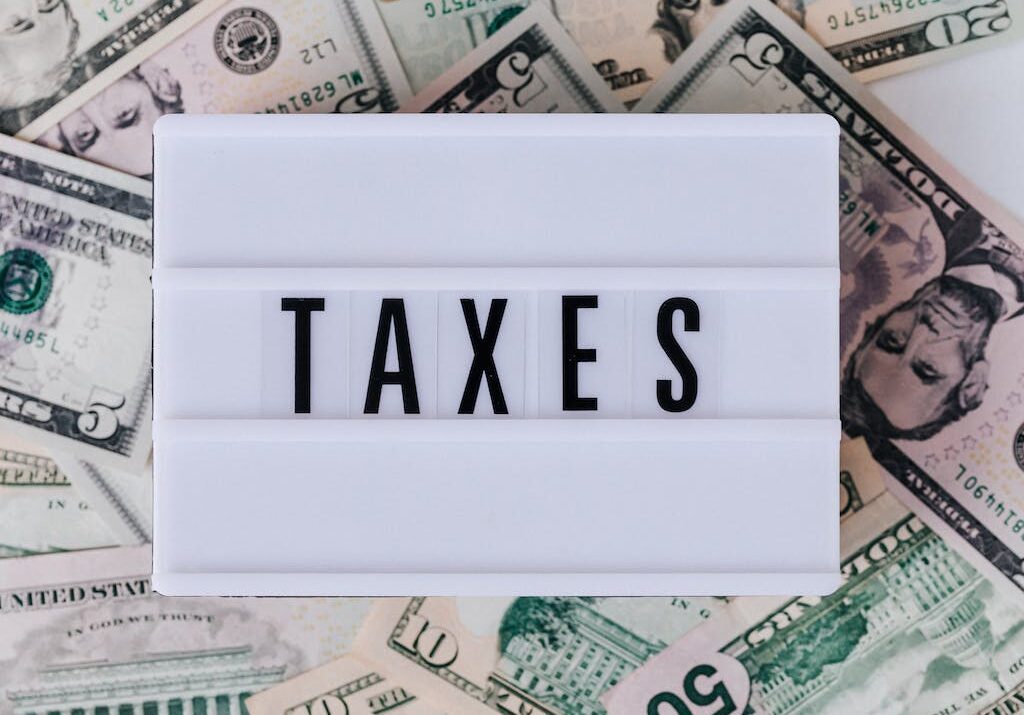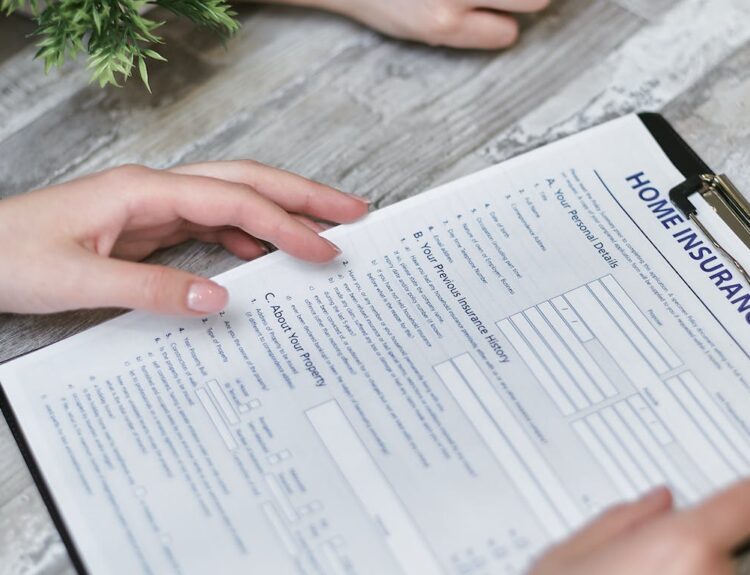Tax season can be a challenging time for many individuals. From your income to the eligible deductions, there’s much to figure out before diving into the process. Some people do their taxes themselves, while others hire a professional. Either way, knowing what you’re getting into beforehand is good. Below, we’ve prepared a comprehensive checklist to guide you. This checklist has all the essential information you will need every step of the way.
Personal Information
Gather all the necessary personal information for yourself and your dependents. This includes full names, social security numbers, dates of birth, and addresses. This information should be readily available when filling out your tax forms.
Income
Compile all sources of income you received during the tax year. This includes W-2 forms from employers, 1099 forms for freelance or contract work, investment income statements, and any other relevant income documentation. Ensure you account for all sources of income to report your earnings accurately.
Deductions
Deductions help lower your taxable income, potentially reducing the amount of tax you owe. Ensure you have the documentation to support your deductions and maximize your tax savings. Gather relevant documents related to deductible expenses, such as mortgage interest statements, property tax records, medical expense receipts, and charitable contribution receipts.
Credits
Tax credits are valuable as they directly reduce your tax liability, providing a dollar-for-dollar reduction. Review the available tax credits and determine if you qualify for any of them. Gather the supporting documents and information required to claim these credits accurately. Here are some common credits:
– The Child Tax Credit
– Earned Income Tax Credit
– Education Credits
Payments
Review your payment records to ensure you have accounted for any tax payments made throughout the year. This includes any estimated tax payments, withholding amounts from your paychecks, and additional tax payments. A clear record of your payments will help you correctly calculate your tax liability and avoid any potential underpayment penalties.
Additional Considerations
In addition to the above checklist items, consider other factors that may apply to your tax situation. For example, business owners or self-employed individuals must gather their income and expense records. If you received unemployment benefits, ensure you have the necessary documentation for those payments. Take note of any significant life events, such as marriage, divorce, or childbirth, as they may impact your tax situation.




